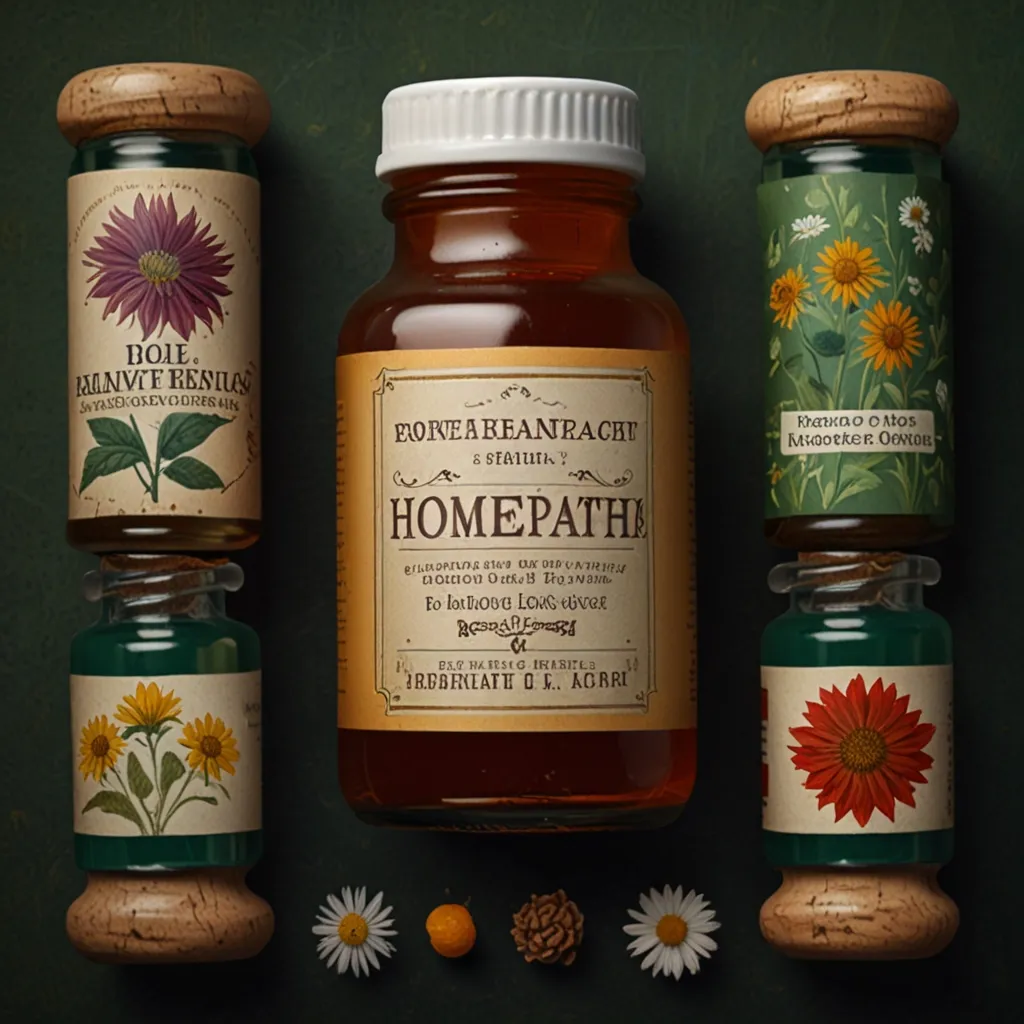Herbal supplements have been around for centuries, offering various health perks to those who swear by them. However, unlike our trusted prescription meds, herbal supplements don’t get the same tough love from the FDA. This means that many of these green wonders hit the shelves without any solid proof that they actually work or are even safe.
So why should we tread carefully when it comes to these natural remedies?
First things first, the lack of regulation in the herbal supplement world is a big red flag. Prescription drugs go through this rigorous process to ensure they’re both safe and effective. Herbal supplements? Not so much. The FDA can step in and remove dangerous products, but this process is slow and relies heavily on manufacturers to self-police. As a result, some not-so-safe supplements end up lingering on the market.
Now, let’s talk interactions. Herbal supplements can clash with medications or aggravate certain health conditions. Take St. John’s Wort, for example. It’s often used to tackle depression but can interfere with blood thinners and other meds. Aloe vera might be your skin’s best friend, but taken orally, it can mess with your body’s potassium levels. These interactions can lead to more harm than good if not handled properly.
Quality control is another beast altogether. The content in herbal supplements can be hit-or-miss. Some products may not even match what’s listed on the label and can be tainted with harmful substances like pesticides and heavy metals. This inconsistency and contamination can lead to serious health issues, including kidney and liver damage.
Then there are the misleading claims. Many supplements tout benefits that aren’t backed by strong science. Pennyroyal, often used to soothe digestive issues, hasn’t proven its worth and can be dangerous in large doses. The notion that all herbal remedies are inherently safe is a risky myth that can lead to misuse and serious health problems.
Some herbal supplements come with hidden dangers. Allergic reactions, toxicity, and skewed lab results can occur. Take kava, for example. It’s been linked to liver damage and other severe issues. Because many of these supplements haven’t been rigorously tested, their risks aren’t always well known, making cautious use all the more critical.
Having an honest chat with your healthcare provider is crucial before diving into the herbal supplement pool. They can advise you on safe usage, potential interactions, and whether the supplement suits your health condition. This is especially important for pregnant or breastfeeding women, as not all herbal supplements are safe during these sensitive times.
But if you’re set on using herbal supplements, there are steps you can take to minimize risks. Start with thorough research. Learn all you can about the supplement’s safety and effectiveness. Discuss your findings with your healthcare provider, especially if you have existing health conditions or are on medications. Look for quality seals like USP, NSF, or CL, which signal that the product meets certain safety standards. And always opt for reputable manufacturers that follow good manufacturing practices.
Navigating the herbal supplement regulatory landscape can be tricky. The Dietary Supplement Health and Education Act (DSHEA) of 1994 puts some significant limits on the FDA’s power over these products. This means many supplements enjoy relatively free rein, making it tough for consumers to know what’s safe. While efforts are underway to boost transparency and safety, including proposed legislation for a supplement database, there’s still a long road ahead.
The widespread, unchecked use of herbal supplements is a serious public health concern. Many healthcare professionals aren’t well-versed in herbal medicine, leading to potential gaps in advice and monitoring. It’s crucial for both consumers and healthcare providers to stay informed about the risks and benefits of these natural products.
So, in a nutshell, while herbal supplements can provide health benefits, the lack of regulation brings a set of real dangers. It’s wiser to approach them with caution, always consult your healthcare provider, and do diligent research before jumping on the herbal bandwagon. By staying informed and making smart choices, you can enjoy the perks of herbal supplements while minimizing the risks.






